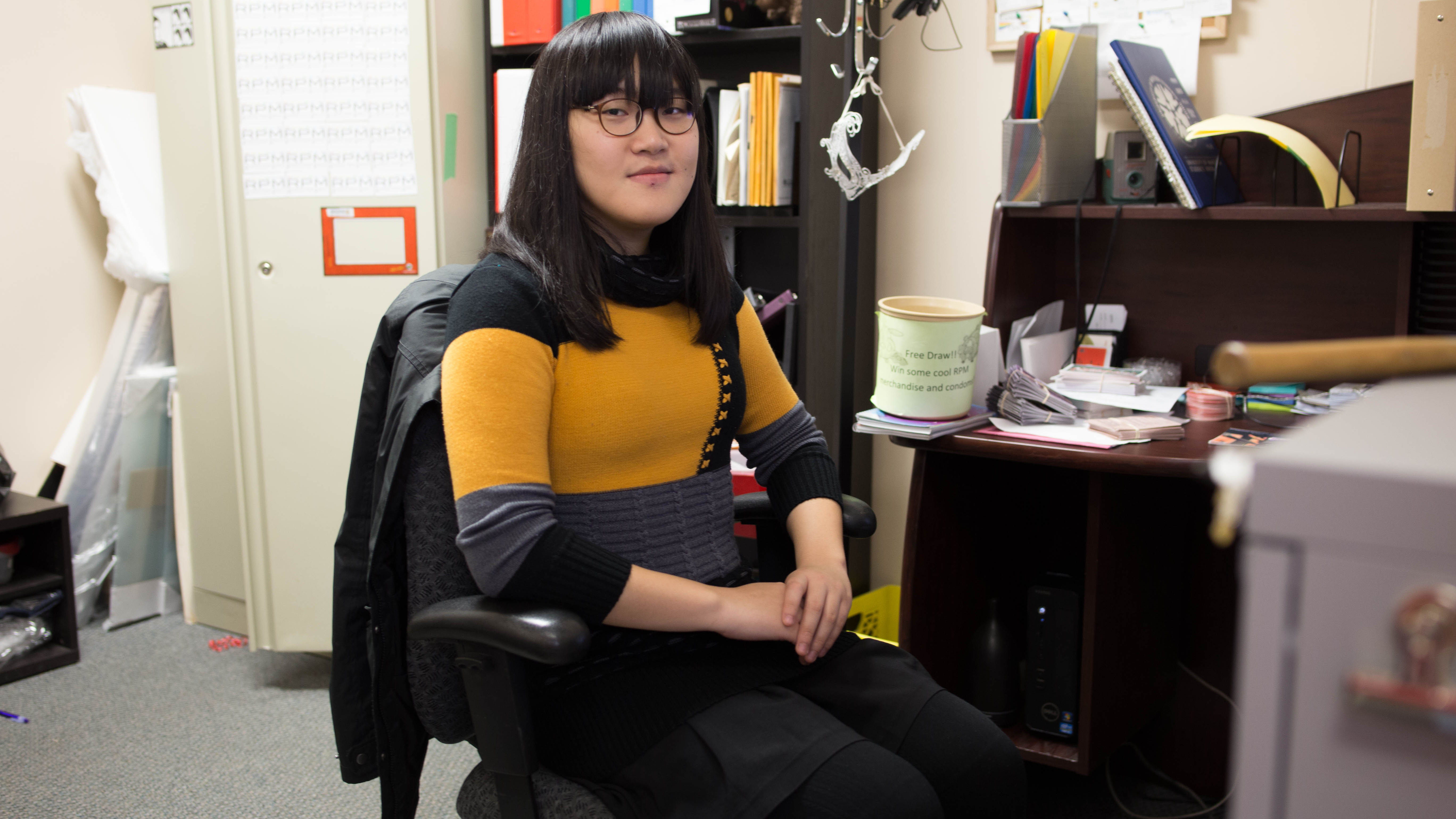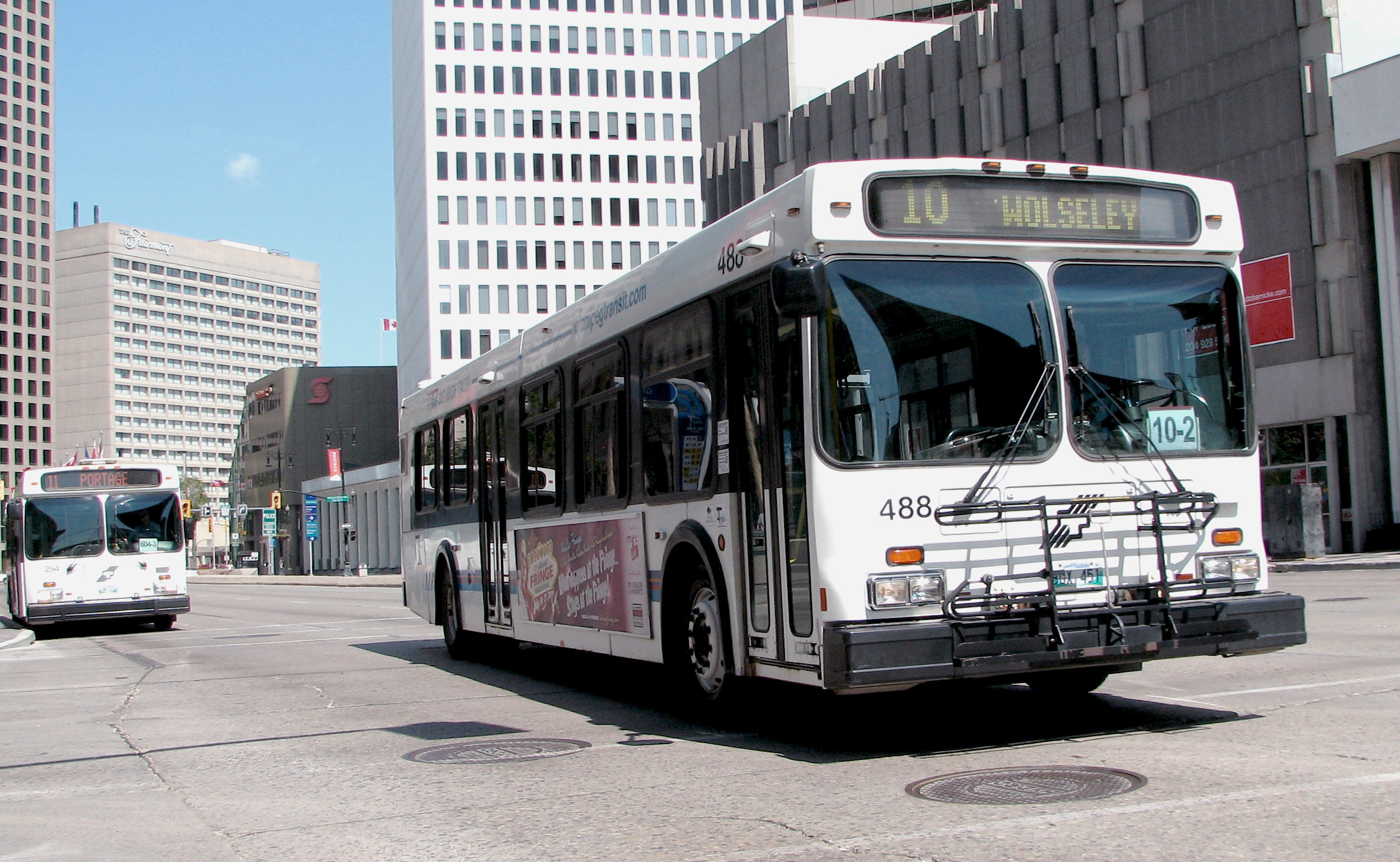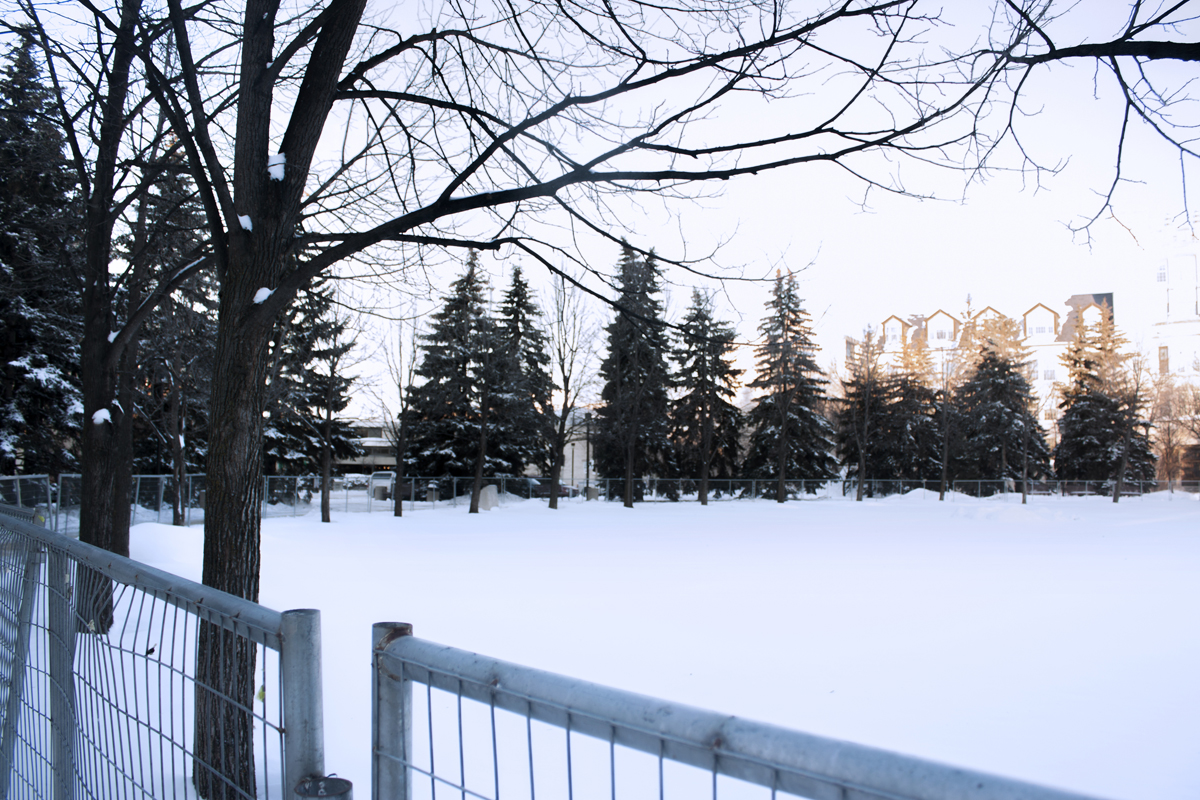UMSU president Jakob Sanderson called a recent announcement that the U of M is creating an Indigenous administration position “encouraging.”
At its September meeting, the U of M board of governors accepted a report examining the level of Indigenous involvement in the upper echelons of the university administration. The report advanced five recommendations, including the establishment of a vice-president (Indigenous) position, which the board approved “as a first step in implementing the recommendations in the report,” according to a university release.
U of M president David Barnard said at a recent convocation that the university is proud to be among the first in the country to establish an Indigenous administrative position.
At the Oct. 24 UMSU board of directors meeting, Sanderson called the move “something I think is really encouraging,” but added that it is only a first step.
“That is definitely not the only recommendation within this report, there are a lot of supplementary recommendations […] to ensure that that person, students, Indigenous faculty and staff across the university have the proper supports and resources they need for this position and all throughout to thrive on this campus,” he said.
The report was produced by a committee that included an Elder, Indigenous faculty, staff and students. Titled University of Manitoba Indigenous Senior Leadership: Report and Recommendations to the Provost and Vice-President (Academic), it details five multifaceted recommendations to “strengthen and expand upon current approaches through ongoing policy review and action and through the development of an Indigenous leadership and workforce structure that will support the university’s goals for Indigenous engagement and achievement,” wrote committee chair Catherine Cook in the report.
The report was completed with historical events in mind, including the history between Canada and Indigenous peoples, as well as reconciliation at all levels, including academia.
The consultation process preceding the report was lengthy and included a website, three town hall meetings and 13 focus groups, according to the report.
The other recommendations call for programmatic leadership, including a multi-level reconciliation action plan, to clarify expectations and responsibilities at the faculty and administrative unit levels, building a campus community and to imbed Indigenous self-determination and leadership within the university’s governance structures.
“Our recommendations target decolonization of the university through systemic change, a commitment to the development of an anti-Indigenous racism strategy, and administrative reorganization that will allow greater focus on achieving strategic goals for Indigenous equity, engagement and achievement,” concludes the report.
The report comes after the recent resignations of two Indigenous administrators, who both cited disagreement with the current administration and systemic anti-Indigenous racism as the main reasons they chose to step down.
Former vice-provost, Indigenous engagement Lynn Lavallée and former director of education for Ongomiizwin Barry Lavallee left the university late last year and early this year, respectively.
The departure of Lynn Lavallée marked the end of the first and only vice-provost, Indigenous engagement to hold the short-lived job at the university.
Plans for the hiring and formal appointment of a vice-president (Indigenous) as well as the implementation of all five advisory committee recommendations are ongoing.





